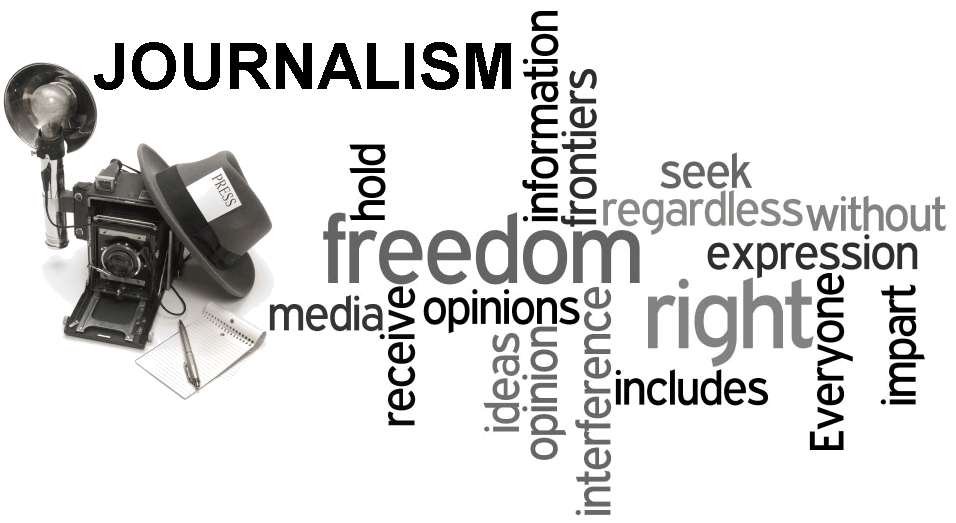These are lessons I’ve learned from over six years of journalism work for anyone considering entering the field.
Overview
The goal of a newspaper is to make money. Without money, it can’t hire reporters, check the government, or file FOIA requests for investigative stories.
Journalists often get paid poorly because print media is dying, newspapers revenue is based on paywalls that most don’t want to pay for, and they don’t provide a specialized service. Fired journalists can be replaced in a few days. Like any job, specialization is key to a form of job security and o higher pay. If you write a beat (something you cover for a long time) such as tech, criminal justice, or sports, you gain knowledge that is harder to replace.
Working in journalism is a noble career, but you have to look out for yourself first, meaning to know the worth of your time. Depending on how your pay is structured, you should consider alternatives to taking an extra story. You can give blood sweat and tears to writing more stories than anyone else, but that won’t pay your bills. Instead, you can freelance for other newspapers to build your portfolio, write copy for businesses, or write a book. Journalists are known for their poor habits whether they be alcohol and tobacco consumption or sleep schedules, which are often fueled by deadlines.
One perk of journalism is that you get access to people and places that others don’t. You can ask for a press pass to get into restricted areas and talk to interesting people. You’d be surprised where you can go if you are dressed well and look like you know what you’re doing.
Interviews are the foundation for your stories. So it’s crucial you interview exciting people, make sure they are relaxed, represent them fairly, and save harder questions for later in the interview. And I’d recommend always recording your conversations (know the laws of the state you’re in) to ensure quote accuracy and as insurance in case a source accuses you of misquoting him. More importantly, start the interview with a blank slate in mind. Your job is to explain complicated things so that a child could understand it.
On Writing
When you sit down to write, don’t bury the lede. This means that you state the importance of why people should read the rest of your writing, which has to be a good reason because most people have the attention span of a goldfish (about eight seconds). You have to show both sides of the story, and make sure you’re not showing any bias. Sources have bias; you don’t.
Use quotes sparingly and to say things that you can’t. Omit needless words. No one wants to stumble through long, clumsy sentences. This will be difficult at first but study and imitate better writers to be better.
Don’t catastrophize issues. If a Democrat says he plans to increase HB-1 visas, that doesn’t mean he wants open borders. If a Republican says he disagrees with raising the minimum wage, that doesn’t mean he hates the poor. Don’t turn your stories into dumpster-fires.
After you’ve published a story, you should only read the comments to find constructive criticism or viable sources for future stories. I’ve interviewed Harvard entrepreneurs by doing this, but you’re going to have to wade through the idiots who didn’t read your story and want to complain about politics first.
Know journalism terms before interviewing people about sensitive topics. Don’t be like Anthony Scaramucci, who called a reporter and unloaded a rant including information he thought was off the record, even though he didn’t state that first. “On background” means that you can use the information but can’t attribute it to that source. “Off the record” means that the information is for your own knowledge, but you can’t print any of it. “On the record” means everything is fair game.
You can always make a story better. Edit, edit some more and then edit a story again before you publish it.
Further Sources
If you want to know more about writing you should read On Writing Well, The Elements of Style, Zen in the Art of Writing, and the War of Art.
